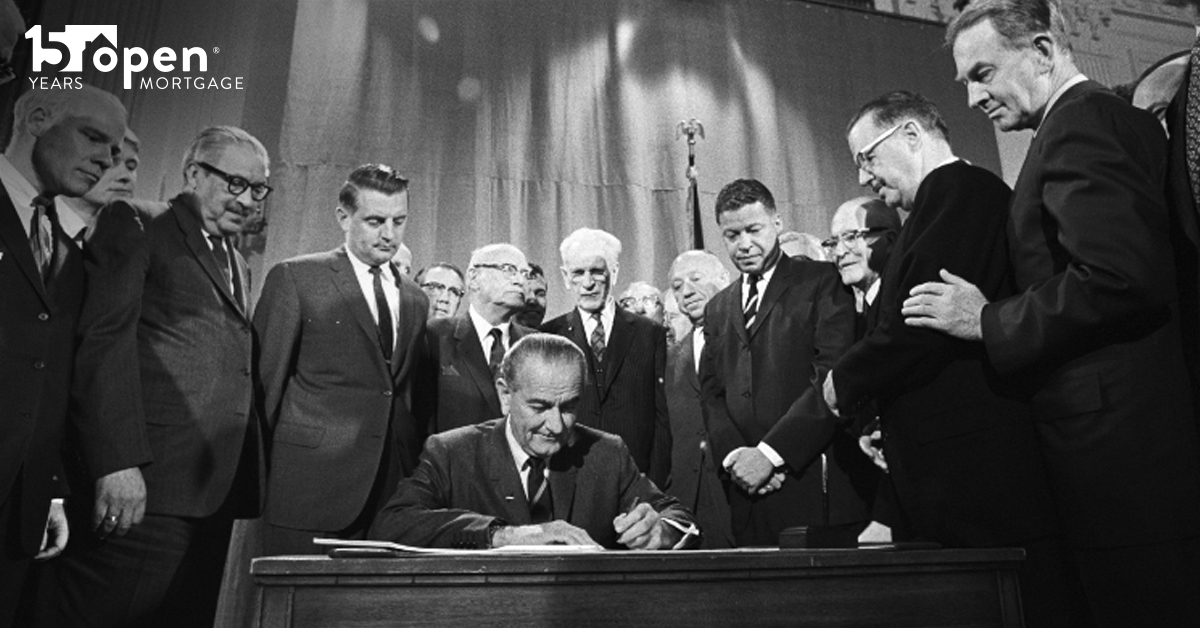
The Fair Housing Act: A Long Road to a New Beginning
Equal housing opportunity.
These three words mean a lot in our industry. It means that those looking to buy a home should never be denied opportunities based on discriminatory factors like race, color, national origin, religion, sex, familial status, or disability. Unfortunately, buying a home wasn’t always fair or equal to all potential homeowners, particularly for people of color.
This February, as we celebrate Black History Month, we also remember the passage of the Fair Housing Act in 1968. Administered today through the U.S. Department of Housing and Urban Development (also known as HUD), the government sums up this law as one that “protects people from discrimination when they are renting, buying, or securing financing for any housing.”
For mortgage lenders, that means no one may take any of the following actions on the basis of race, color, national origin, religion, sex, familial status, or disability:
- Refuse to make a mortgage loan
- Refuse to provide information regarding loans
- Impose different terms or conditions on a loan, such as different interest rates, points, or fees
- Discriminate in appraising property
- Refuse to purchase a loan
- Set different terms or conditions for purchasing a loan
The Fair Housing Act wasn’t guaranteed to pass, but HUD notes that a few historical events helped make the law a reality: The Vietnam War, and the assassination of Martin Luther King, Jr. In 1968, the country was in the midst of the Vietnam War, and tensions were high as casualties rose. For soldiers of color, the fact that their families were kept from purchasing homes in certain residential developments because of their race or national origin became a rallying point for civil rights groups like the NAACP, the GI Forum and the National Committee Against Discrimination In Housing.
These organizations lobbied hard for the Senate to pass the bill, co-sponsored by the first African-American to be elected to the Senate by popular vote, Senator Edward Brooke of Massachusetts. Senator Brooke relayed his own difficulties providing a home for his family because of his race following his return from World War II.
The country’s political turmoil came to a head after the assassination of Martin Luther King, Jr., on April 4, 1968; just days later, following pressure from President Lyndon Johnson and congress members, the Fair Housing Act passed both the House of Representatives and the Senate, becoming law on April 11.
As we look to the future and the bright possibilities for our customers today, we’re mindful of the difficulties so many faced in their journey to home ownership.





